A secret speech
“Especially in this day of loudly-shouting media, with texts and tweets and telecommunications bombarding us from every direction, we have to remember, and teach other people, why we love books: for the depth and richness and nourishment that only books can give.
Books are a way out of the world and a way of being out of it not in any bad sense of the phrase, but really out of it, for all sorts of reasons, but mainly because books give us a breathing space, outside the world, outside time, outside death.”
Donna Tartt wrote this on two sheets of paper from a hotel pad, in Capri, during the first days of October, 2014. It appears to be a draft of her thank-you speech for the Premio Malaparte, which she won that year. I tried every keyword variation I could think of to find a record of this speech, but found none; this is, to my knowledge, the only trace of it, found inside a signed copy of The Secret History.
I felt the need to share this quote not only because it was written by worshipped author Donna Tartt, but because these words, no matter how hastily jotted down, have spoken directly to my heart. In this year of not-so-great reading, the truly great books I’ve read stood out all the more in their beauty, and “for the depth, richness, nourishment” they gave me.
I love the way she formatted the last lines of her second paragraph, like verse: “outside the world, / outside time, / outside death.”
Outside the world. Outside time. Outside death.
I’d been thinking of a similar concept while reading Tolstoj and Shakespeare this month: how these characters can be incredibly close to my own feelings, how reading about Hamlet, or Anna Karenina, or Levin, or Ophelia has taken me outside of my life and into the immortal world of literature—and at the same time, how it has brought them, the characters, out of their time and into mine. We’ve met in the middle, in the “breathing space” between the pages.
Donna Tartt: A book is a dream that writer and reader dream together
In all that googling mentioned earlier, I found a very beautiful 2021 interview of Donna Tartt, made by Grazia D’Annunzio for rivistastudio. I’ll report some of my favourite quotes here:
RS: You once said: «as a writer I'm giving the reader signs to help create the story with me».
DT: A book is a dream that writer and reader dream together. The writer provides the scaffolding and holds the reader's hand to lead them in – while the reader provides the daydreams and memories and wishes that fill out the structure, so that the book takes on somewhat the shape of the reader’s mind. Every book is different for every reader, depending what the reader brings to it.
This concept of the reader constructing the book together with the writer, because of their individuality, is not new by any means—but I find it very beautifully and concisely expressed here, and it almost robs me of breath every time. The beauty of reading has many facets.
Donna Tartt’s reading list
The worshipped writers
Homer (especially The Iliad)
Greek poets and tragedians
Aeschylus
Euripides
Sophocles
Dante Alighieri
William Shakespeare
Charles Dickens
William Butler Yeats
Michel Proust
Edith Wharton
Virginia Woolf
Vladimir Nabokov
Jorge Luis Borges
Evelyn Waugh
J.D. Salinger
The contemporaries
Joan Didion
Don DeLillo
Louise Glück
W.G. Sebald
Haruki Murakami
Edward St. Aubyn
Olga Tokarczuk
Donna Tartt’s pandemic reads
François-René de Chateaubriand, Memoirs from Beyond the Grave (Mémoires d'outre-tombe), 1848
Julien Gracq, A Balcony in the Forest, 1958
Sybille Bedford, Jigsaw, 1989
Walter Kempowski, All for Nothing, 2006
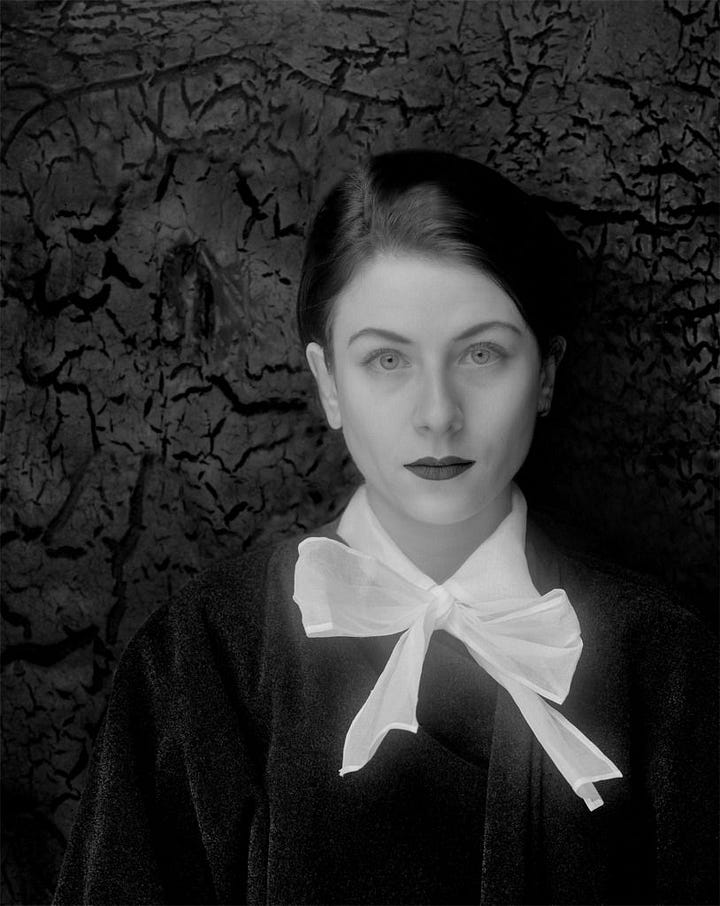
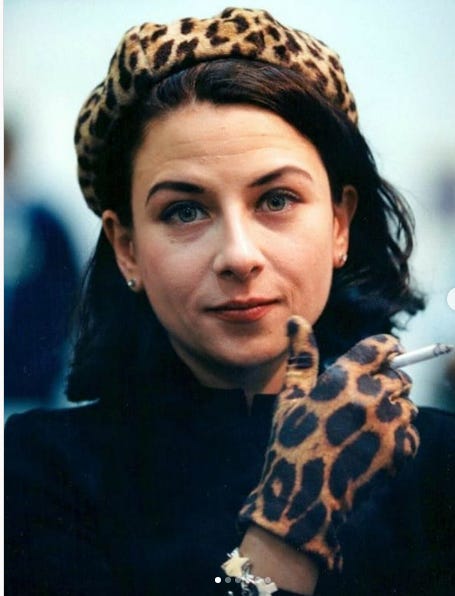
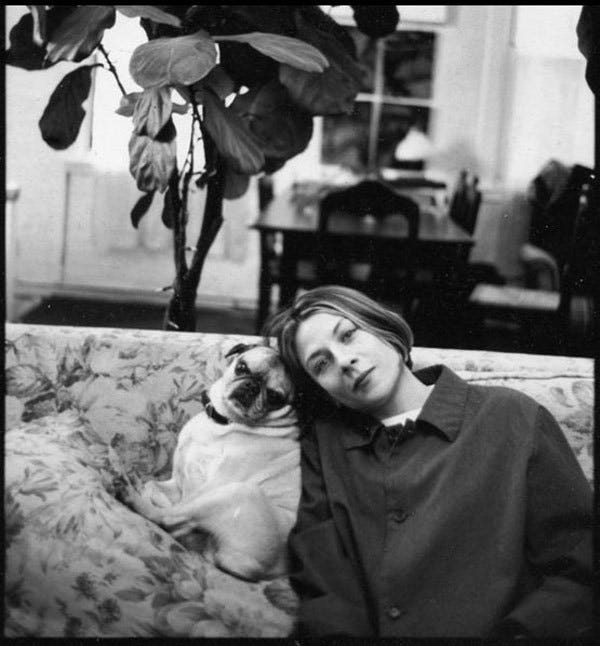
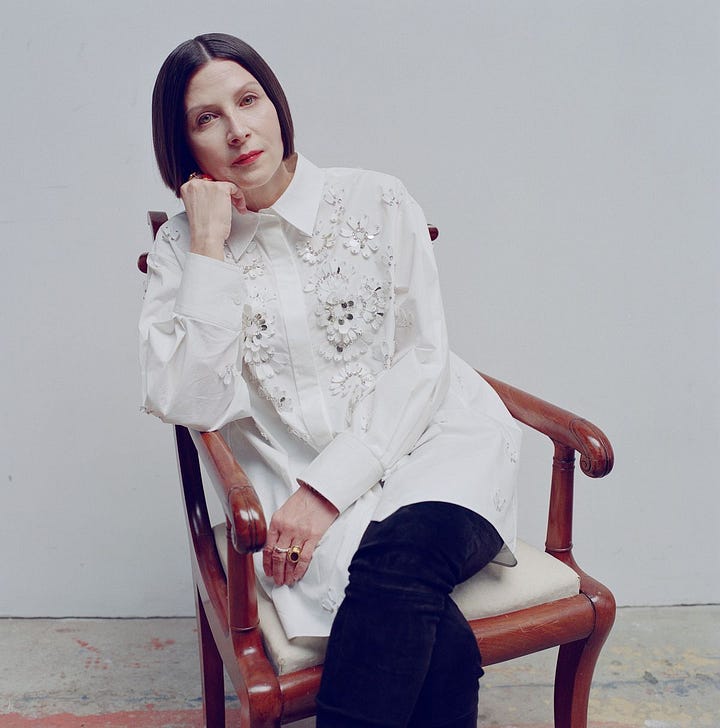
RS: Who are your worshipped writers?
DT: Homer, the Greek poets and tragedians, Dante and Shakespeare are my constant touchstones. I went back and read Macbeth and Hamlet during the pandemic. I also venerate Dickens, Nabokov, Proust, Dostoevsky, Yeats, Borges, Edith Wharton, Evelyn Waugh, Salinger, Virginia Woolf. Dickens was a part of my familial landscape, the air I breathed.RS: Could you please explain better?
DT: My mother's family was a family who had read Dickens aloud for generations (a tradition, sadly, that stopped with me) and when I hear certain passages of Dickens, I also hear the voices of my grandmother and her sisters. I thought of Dickens as almost an ancestor - he was a giant part of my life as a child, integral to the way my mother's family told stories and understood life and character generally, and I was surprised and disappointed when I learned that Dickens was not connected with my family in any way. Although in a more essential way, perhaps he was.RS: Among the contemporary authors who do you like the most?
DT: I tend to read 19th century authors more than 20st or even 21rst. Chateaubriand and Mémoires d'outretombe kept me occupied for much of 2020. That said I love Edward St. Aubyn, Haruki Murakami, Olga Tokarczuk, Don DeLillo, W.G. Sebald, Joan Didion. My favorite books of the pandemic these were new books to me, though none of these writers are now living were Jigsaw by Sybille Bedford, All for Nothing by Walter Kempowski and A Balcony in the Forest by Julien Gracq.

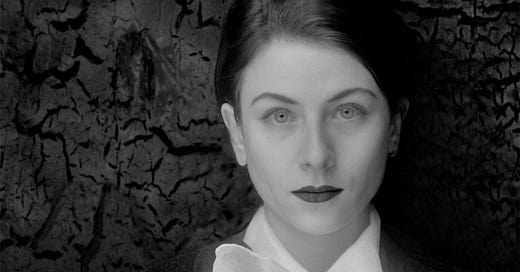



I love this article !!!I adore Donna tartt thanks for sharing 🤍